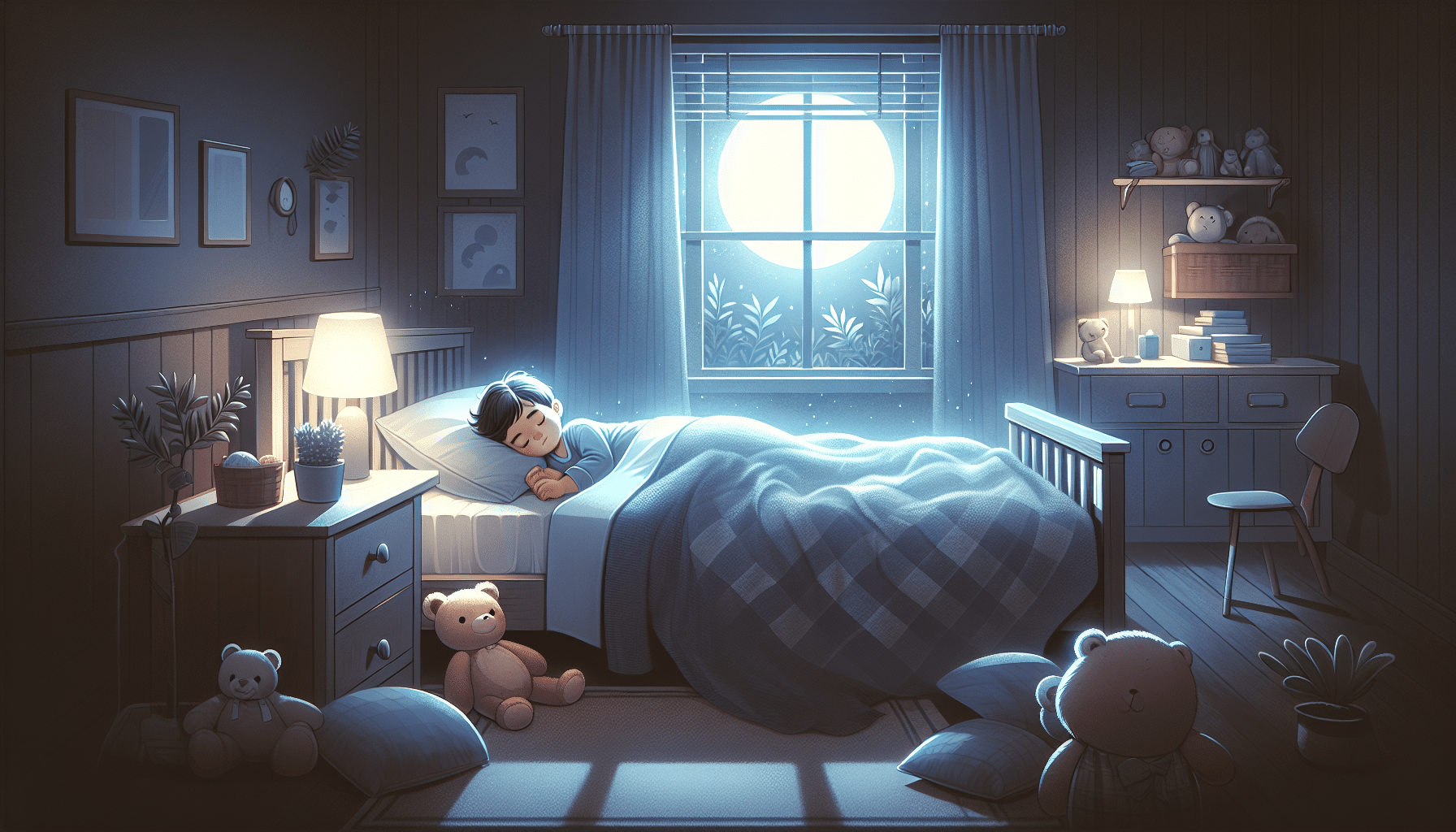Impact of Screen Time on Toddler Insomnia
Negative Outcomes of Poor Sleep in Early Childhood
Poor sleep in early childhood is widely recognized as a significant concern due to its association with various negative outcomes. Insufficient or disrupted sleep during these formative years can lead to health problems, developmental difficulties, and behavioral issues. These challenges can manifest in various ways, such as impaired cognitive development, increased irritability, and a higher risk of obesity. As toddlers are in a critical stage of growth and learning, ensuring they receive adequate and quality sleep is essential for their overall well-being and future development.
Correlation Between Screen Time and Sleep Disturbances in Toddlers
The relationship between screen time and sleep disturbances in toddlers has been a topic of increasing interest among researchers and parents alike. Previous correlational studies have indicated that increased screen time is associated with poorer sleep quality in toddlers. However, these studies often struggled to determine whether screen use was the cause of sleep problems or if sleep issues led to more screen time. The introduction of screens before bedtime can interfere with the natural sleep cycle, potentially delaying the onset of sleep and reducing overall sleep duration. This correlation underscores the importance of understanding and managing screen time to promote better sleep habits in young children.
Bedtime Boost Study: A Breakthrough in Toddler Insomnia Research
Overview of the Bedtime Boost Study and Its Significance
The Bedtime Boost study represents a groundbreaking advancement in toddler insomnia research. Funded by the Nuffield Foundation, this world-first randomized controlled trial (RCT) provides empirical support for pediatric guidance that recommends limiting screen time before bed for toddlers. The study involved 105 families with toddlers aged 16 to 30 months who were already using screens before bedtime. These families were randomly assigned to either an intervention group, which removed screen time before bed and introduced non-screen activities, or a control group with matched activities but no screen time restrictions. The study’s findings revealed that removing screen time before bed significantly improved toddlers’ sleep quality, resulting in more efficient nighttime sleep and fewer awakenings.
Role of the Nuffield Foundation and Participating Universities
The Bedtime Boost study was a collaborative effort involving several prestigious institutions, including the University of Bath, University of the Arts London (UAL), Birkbeck, Queen Mary University of London, and King’s College London. The Nuffield Foundation provided crucial funding for this research, highlighting its commitment to advancing knowledge in child development and sleep health. The study was co-led by experts such as Professor Rachael Bedford and Professor Tim Smith, who emphasized the importance of creating a low-cost, easy-to-implement intervention that could be widely adopted by parents. The involvement of these institutions and experts underscores the study’s significance and its potential to influence future guidelines and practices regarding toddler screen time and sleep.

Intervention Strategies for Reducing Toddler Insomnia
Description of the Intervention: Removing Screen Time and Introducing Non-Screen Activities
The Bedtime Boost study introduced a practical intervention aimed at reducing toddler insomnia by eliminating screen time in the hour leading up to bedtime. Instead of screens, families were encouraged to engage their toddlers in calming, non-screen activities. These activities included options like reading, puzzles, and other forms of quiet play, all designed to create a soothing bedtime routine. The intervention was structured to be easily integrated into daily life, ensuring that parents could adopt these changes without significant disruption. By focusing on non-screen activities, the intervention aimed to help toddlers wind down naturally, promoting a smoother transition to sleep.
Success of the Intervention in Improving Sleep Quality and Reducing Night Awakenings
The results of the intervention were promising, demonstrating a clear improvement in sleep quality among toddlers who participated. By removing screen time before bed, toddlers experienced more efficient sleep, characterized by fewer night awakenings and longer uninterrupted sleep periods. Parents reported noticeable changes in their children’s sleep patterns, with many observing that their toddlers fell asleep more quickly and stayed asleep longer. This success highlights the potential of simple, cost-effective strategies to make a significant impact on toddler sleep health. For parents seeking additional resources to support bedtime routines, exploring Sleep Sound Playlists might be beneficial.
Future Directions in Toddler Insomnia Research
Need for Further Research to Understand Diverse Family Screen Media Usage
While the Bedtime Boost study provides valuable insights, it also underscores the need for further research to explore how different families use screen media. Understanding the diverse ways in which families incorporate screens into their daily routines is crucial for tailoring interventions that are both effective and culturally sensitive. Future studies should aim to capture a broader range of family dynamics and screen usage patterns to develop more personalized recommendations for reducing toddler insomnia.
Importance of Replicating the Study with a Larger Sample Size
To strengthen the findings of the Bedtime Boost study, it is essential to replicate the research with a larger and more diverse sample size. Expanding the study to include more families from various backgrounds will help validate the results and ensure they are applicable to a wider population. Additionally, a larger sample size could provide deeper insights into the long-term effects of screen-free bedtimes on toddler sleep health. As research in this area continues to evolve, parents and caregivers can stay informed by visiting resources like the Insomnia Blog for the latest updates and strategies.
Sources:https://www.sciencedaily.com/releases/2024/10/241022104659.htm


